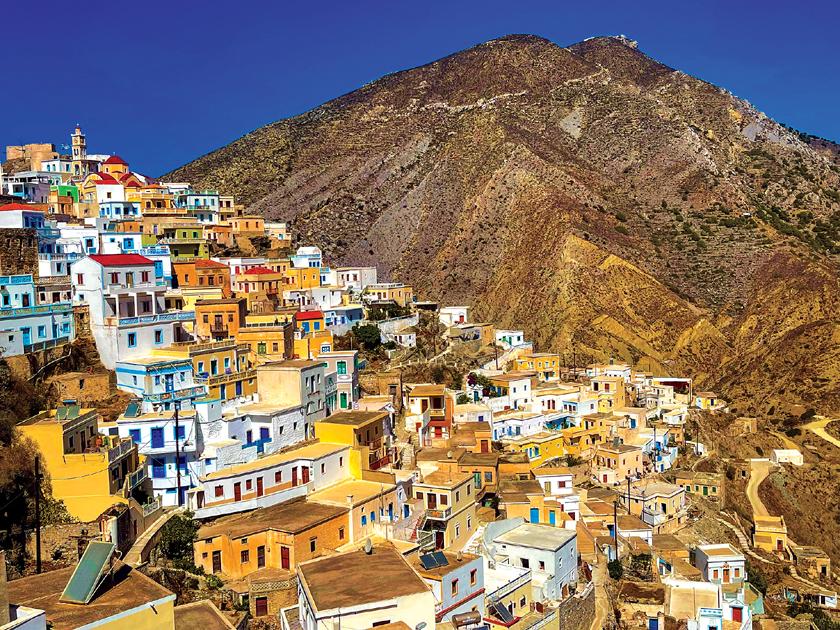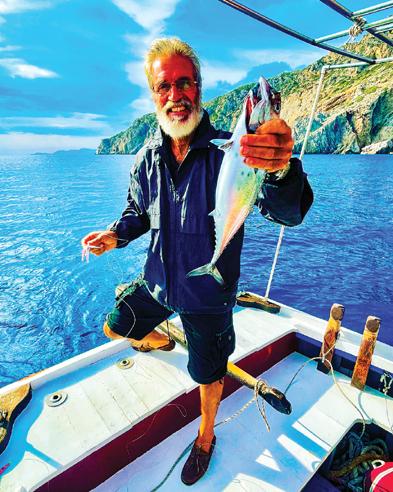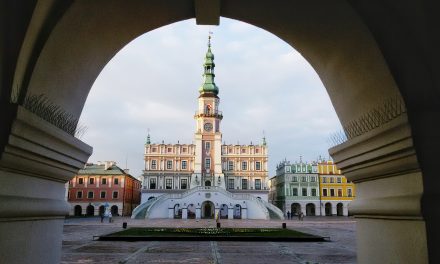Greece
Karpathos: Greece’s Most Sustainable Island
Article and photography by Nicholas Kontis
Greece is arguably Europe’s most popular summer vacation destination. However, as in any holiday hot spot, the strain of high-season tourism takes a toll on the environment. Greece sees over 30 million visitors annually, most of them during July and August.
Savvy travelers seeking a sustainable Greek island holiday, where every tourist dollar goes to local businesses, ditch the usual glitzy suspects like Mykonos and Santorini. They head instead to the far-flung Dodecanese group in the southeast Aegean Sea. These islands, brushing the Turkish coastline, offer an authentic insight into traditional Greek life.
Located between bustling Rhodes and mythical Crete, Karpathos maintains time-honored values and attracts relatively few visitors. The way of life on the massive island is as close to original Greek as one might find in the ancient nation, before the intervention of smartphones and the internet. Time seems to stand still in Karpathian villages, where eco-sensitive guides tread lightly on sacred trails once trodden by shepherds of another era, interacting with fishermen and boat captains along with experts in local geology and flora.
One of the last unspoiled islands in the Aegean, Karpathos offers more than a relaxing holiday for beachcombers. The 300-square-mile island is an ideal destination for ecotourism. At the crossroads of three continents — where Europe meets Asia and Africa — it is draped in flawless nature and proud inhabitants, and its traditions are strong.
The isolated north
The northern and southern sections of Karpathos are deeply contrasting. In the south, the vibrant port of Pigadia has several full-board high-rise hotels, fine-dining restaurants, bars and clubs. There are no large hotels in the isolated north, where accommodation consists only of guest houses, tiny private homes and small family hotels.
A highlight of northern Karpathos is a Natura 2000 reserve, incorporating Greece’s newest marine park and embracing the mountainous islet of Saria. Its biodiversity is seen through endangered species, from the monk seal (Monachus Monachus) to over 900 plant species, many of them endemic.
With its white, pastel-washed homes, remote Olympos village is set atop a jagged mountain overlooking azure waters. It is the archetypical Greek island vista. Cut off from the rest of Karpathos until the late 1970s, the village has a matriarchal society. Grandmothers still wear traditional dresses and tsemperi headscarves, the last of a bygone era.
The area of Avlona, a valley with 300 traditional farmhouses yet few inhabitants, provides another peek into the past. Its picturesque port of Diafani has fewer than 100 locals, but all are hospitable, welcoming guests to their private rooms and restaurants.
Ecotourism Karpathos
Conscious of respecting her people, her culture, and the flora and fauna of this fragile land, native daughter Evangelia Agapiou champions ecotourism on her home island. A guide and sustainable tour operator, she is the owner of Ecotourism Karpathos, whose active offerings bring visitors into direct contact with the local community and the island’s nature. These include three hikes of varying degrees of difficulty, traditional cooking classes in Olympos, birdwatching, botanical tours and beekeeping.
Raised in Diafani and Olympos, Agapiou learned early on that permanently living on an isolated Greek island requires strength, endurance and love for the environment.
“The future of our island is dependent upon not being overrun by tourism, but to attract better travelers who will spend more on our, perhaps, once-in-a-lifetime experiences. When you take one of our cooking classes, walking tours or botanical tours, you have a great experience that benefits the locals, keeping our island unchanged,” Agapiou said.
Karpathos is paving the way toward more sustainable travel and experiential encounters. The hidden gem remains unphased by travelers who venture out of bounds for a visit. Sustainable tourism benefits locals, but it also provides a satisfying journey for those visitors going local, seeing every dollar spent in the community.
This is a destination for travelers hungry for immersion into the unpretentious Greek lifestyle. Karpathos is light-years away from the Greek tourist trail, and it’s worth a lingering look.







